OpenAI CEO enjoys speculative love-in with Snowflake boss as critics worry over what 1,000X compute would do to the planet
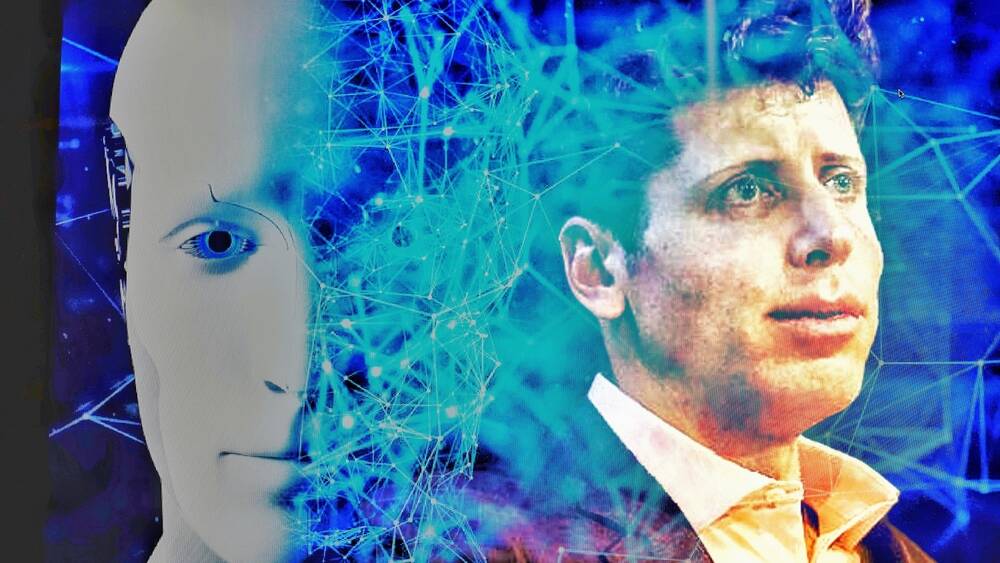

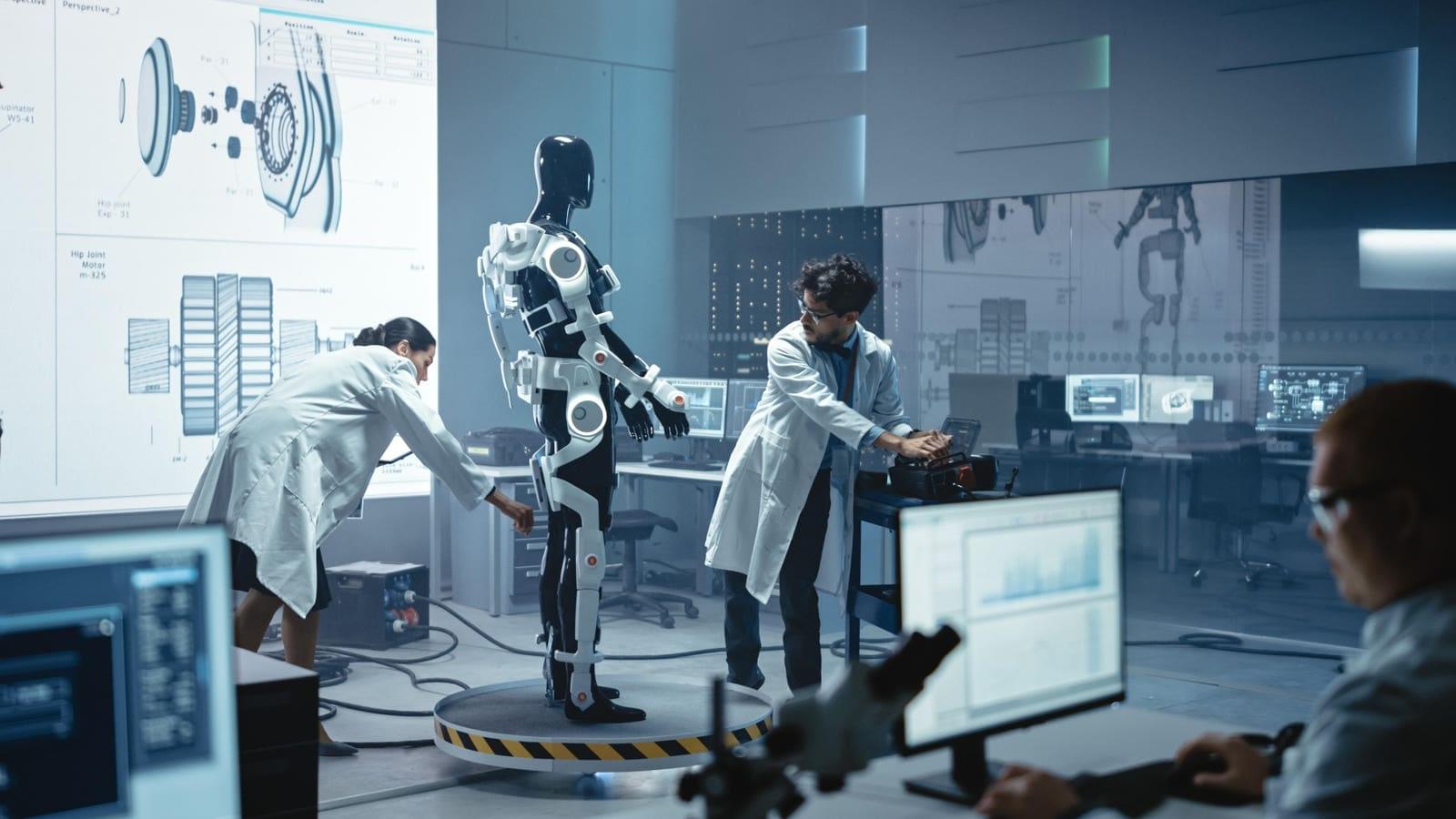

Envision this possible future clinical scenario: a breast cancer patient and her physicians are deciding on the best possible treatment. Their decision is informed by a comprehensive molecular profile of the patient’s cancer samples that predicts the most likely response of the cancer to treatment.
If the profile predicts a high likelihood of a complete positive response and long-term freedom from relapse, then this treatment would be the preferred choice. But if the profile predicts that the tumor would likely be resistant to treatment, alternative treatments must be implemented.
Although this situation is not yet a reality, a team led by researchers at Baylor College of Medicine and the Broad Institute of Massachusetts Institute of Technology and Harvard has taken significant steps in that direction. They report in Cell Reports Medicine that conducting an integrated proteogenomic profiling of cancer cells, which combines the analysis of DNA, RNA, protein and phosphoprotein data, revealed two novel indicators of tumor response to treatment and alternative therapeutic targets for treatment-resistant HER2+ breast cancer.
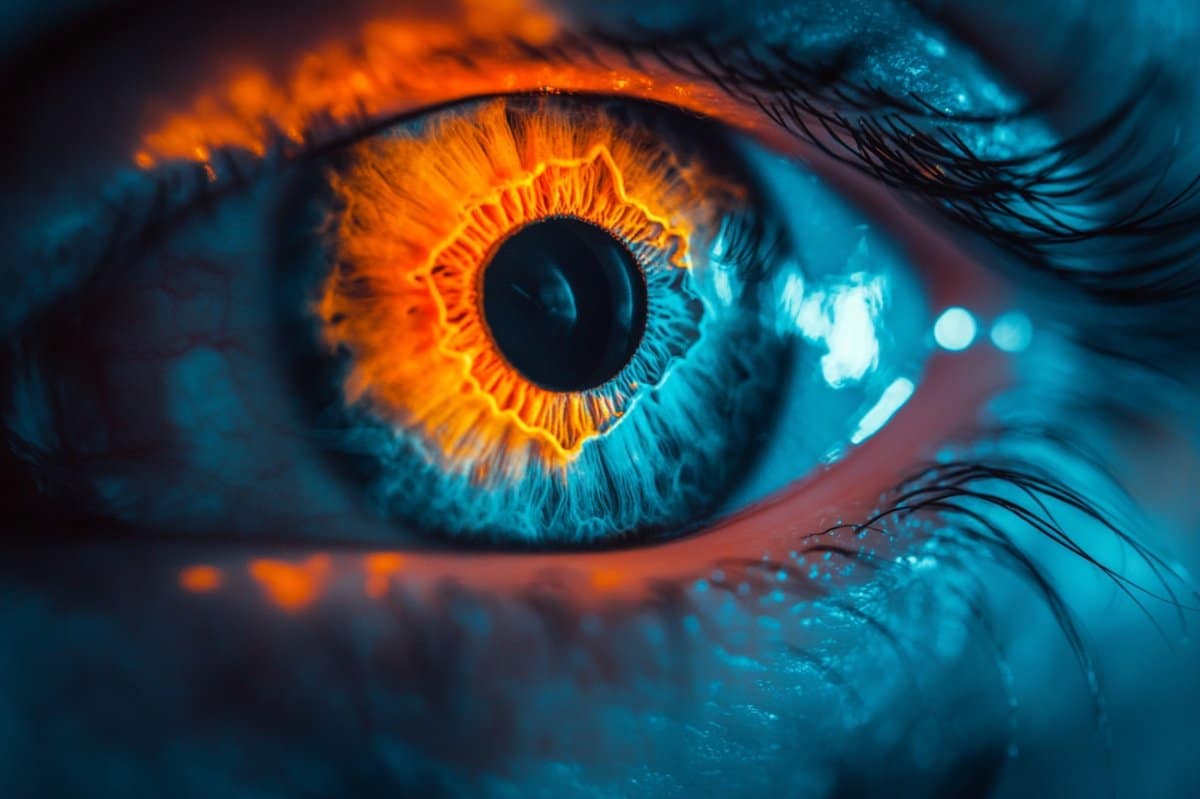
The space agency relies on Elon Musk’s rockets for crucial missions to the International Space Station. Who will replace them when competitors are still playing catch up?
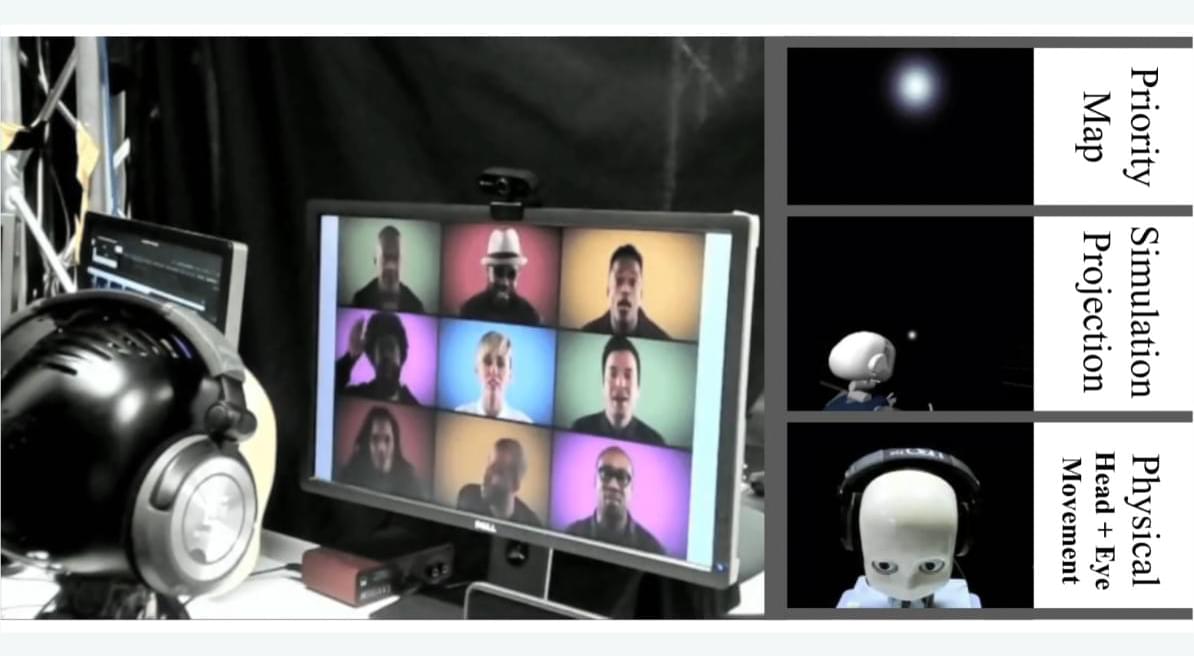
Humans no longer have exclusive control over training social robots to interact effectively, thanks to a new study from the University of Surrey and the University of Hamburg.
The study, which will be presented at this year’s IEEE International Conference on Robotics and Automation (ICRA), introduces a new simulation method that lets researchers test their social robots without needing human participants, making research faster and scalable.
Using a humanoid robot, the research team developed a dynamic scanpath prediction model to help the robot predict where a person would look in a social setting.
Can one person run a business like a team of ten? In this episode, we explore how AI empowers solopreneurs to scale faster, automate smarter, and compete at…


Critically ill patients with sepsis who are given statins may be more likely to survive, new research suggests.
Researchers set out to explore whether the cholesterol-busting drugs may bring additional benefits for patients.
The new study examined information on sepsis patients who received statins during a stint in intensive care and compared it with patients in a similar situation who did not receive statins.
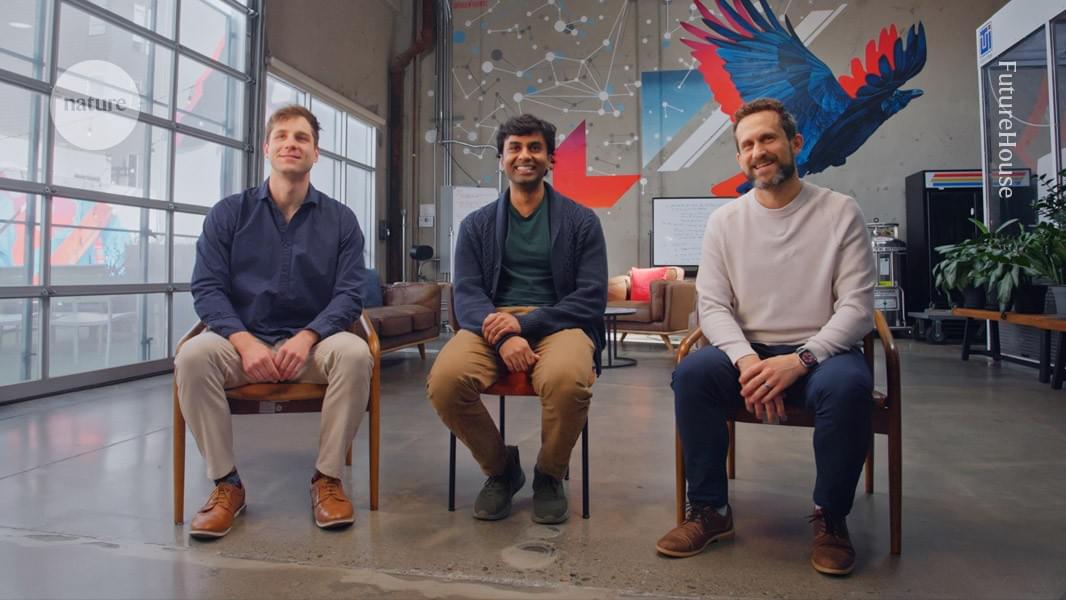
As artificial intelligence (AI) tools shake up the scientific workflow, Sam Rodriques dreams of a more systemic transformation. His start-up company, FutureHouse in San Francisco, California, aims to build an ‘AI scientist’ that can command the entire research pipeline, from hypothesis generation to paper production.
Today, his team took a step in that direction, releasing what it calls the first true ‘reasoning model’ specifically designed for scientific tasks. The model, called ether0, is a large language model (LLM) that’s purpose-built for chemistry, which it learnt simply by taking a test of around 500,000 questions. Following instructions in plain English, ether0 can spit out formulae for drug-like molecules that satisfy a range of criteria.